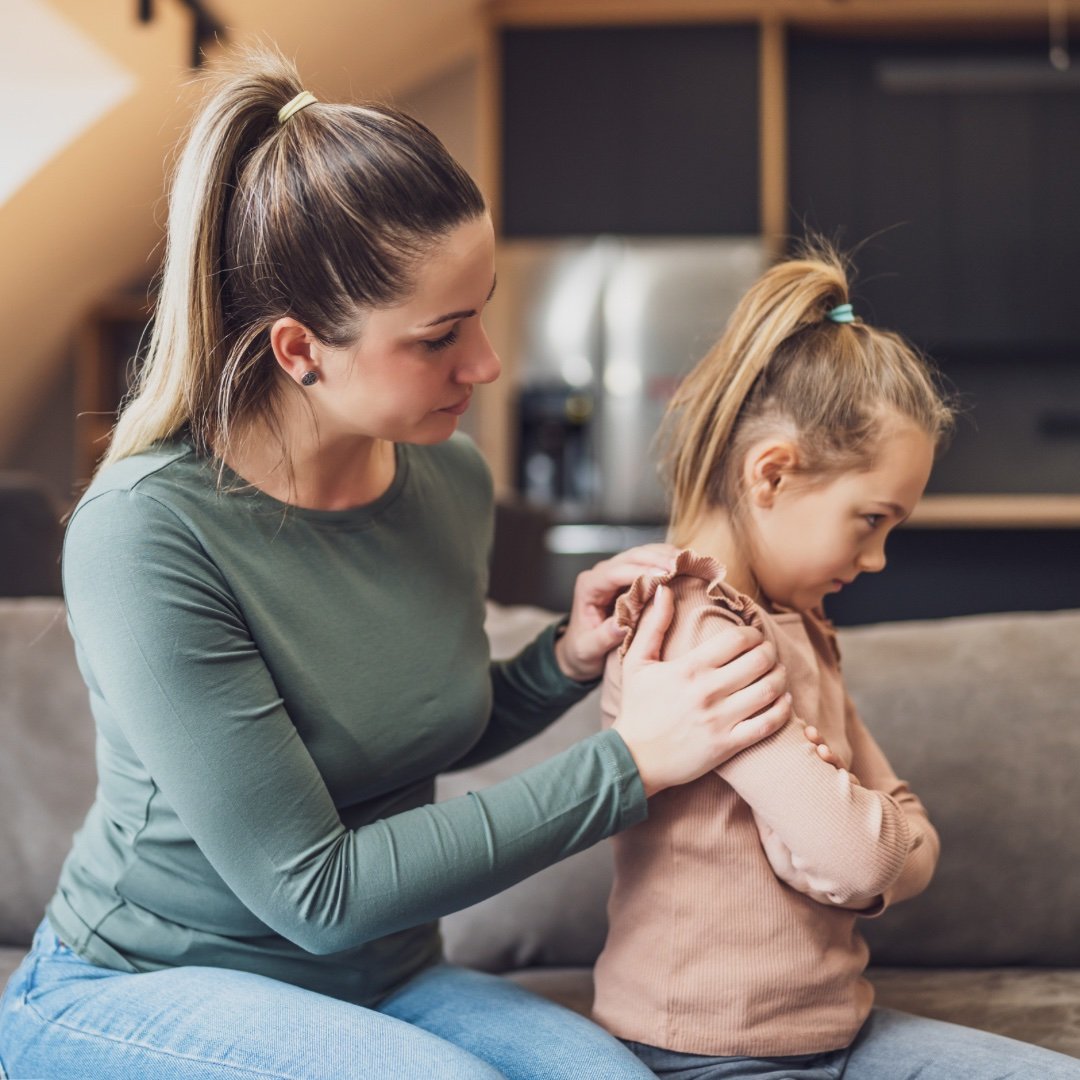Simple Ways to Let Go of Parenting Guilt
Parenting guilt is sneaky.
It creeps in when you least expect it.
Maybe it’s the missed bedtime story because work ran late.
Or the frozen pizza dinner when you swore you’d cook a healthy meal.
We've all been there, right?
The truth is, parenting guilt doesn’t mean you’re failing.
It usually shows that you care deeply about your kids.
And that’s a good thing!
But living under its weight isn’t healthy for you or your family.
Let’s talk about how to handle this guilt and feel more confident in your parenting.
What Is Parenting Guilt?
Parenting guilt is that nagging voice in your head.
It tells you that you’re not doing enough, that you should be better, or that you’re somehow letting your kids down.
It’s fueled by endless comparisons—social media, other moms at school, or even the ideal parent you picture in your mind.
It’s exhausting. And it’s unfair to you.
Why Do We Feel Parenting Guilt?
Let’s get real for a minute. Parenting is tough. It’s a nonstop juggling act, and sometimes, balls get dropped.
Social media doesn’t help.
Seeing picture-perfect families can make you question everything you’re doing.
Add in advice from friends, family, or even strangers, and suddenly, guilt becomes a constant companion.
But here's the kicker: most of the guilt you feel comes from unrealistic expectations.
No one can do it all. And your kids don’t need perfect. They need you.
How to Let Go of Parenting Guilt
Let’s tackle this together.
1. Focus on What You’re Doing Right
Guilt loves to highlight mistakes. So flip the script.
Take a moment to list what you’re doing well. Did you make your child laugh today?
Did you show up when they needed you? Those moments matter more than you think.
2. Set Realistic Expectations
You can’t be everywhere or do everything. And that’s okay.
Give yourself permission to lower the bar when needed. Some days, survival mode is enough.
3. Talk to Other Parents
Sharing struggles with other parents is like therapy.
You’ll quickly realize you’re not alone. Everyone has moments they wish they could redo.
4. Apologize When Needed, Then Move On
If guilt comes from a real mistake, acknowledge it.
Say sorry to your child if it’s appropriate. Then forgive yourself.
Kids learn a lot from seeing their parents own up to things.
5. Limit Social Media
If scrolling makes you feel worse, it’s time to cut back.
Social media shows the highlight reel, not the behind-the-scenes reality.
6. Celebrate Small Wins
Parenting is made up of tiny victories. Celebrate them.
Did you make it through the day with everyone fed and (mostly) happy? That’s a win!
What to Tell Yourself When Guilt Hits
Let’s get practical. Here are a few mantras you can repeat when guilt sneaks in:
“I am a good parent doing my best.”
“My kids don’t need perfect. They need me.”
“Mistakes are part of parenting. They don’t define me.”
Post these on your mirror, your fridge, or your phone. Reminders like these can stop guilt in its tracks.
When Guilt Becomes Too Much
Sometimes, parenting guilt goes deeper. It feels heavy, constant, and overwhelming.
If that sounds like you, it’s okay to seek help.
Talk to a trusted friend, a counselor, or a support group.
You’re not alone, and there’s no shame in asking for support.
Let’s Be Honest
You’re a great parent. Even on the messy days.
Even when the guilt feels loud.
Your kids don’t need Pinterest-worthy crafts or gourmet meals.
They need your hugs, your attention, and your love.
Parenting guilt will come and go.
But it doesn’t have to control you. You’ve got this.
With love and solidarity,
Ready to experience freedom from parenting guilt? Let’s connect!
Reach out for a free consultation today!
Related Articles:
15 Mom Guilt Quotes for Overwhelmed Moms
Navigating the Intersection of Postpartum Depression and Mom Guilt
Sources:
Shalev I, Sharon N, Uzefovsky F, Atzaba-Poria N. Parental guilt and children's internalizing and externalizing behavior: The moderating role of parental reflective functioning. J Fam Psychol. 2023 Dec;37(8):1241-1252.







